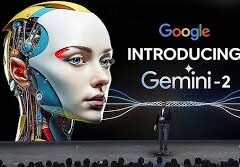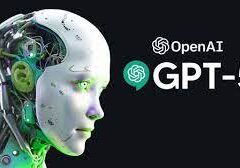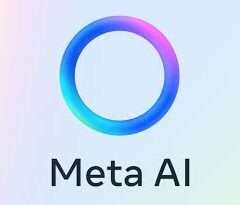Tackling the Knowledge Cutoff Challenge in Generative AI
In the realm of generative AI, a significant hurdle has been the issue of knowledge cutoff—where a large language model (LLM) only has information up until a specific date. This was an early concern with OpenAI’s ChatGPT. For example, the GPT-4o model that currently powers ChatGPT has a knowledge cutoff in October 2023. The older GPT-4 model, on the other hand, had a cutoff in September 2021.
Traditional search engines like Google, however, don’t face this limitation. Google continuously crawls the internet to keep its index up to date with the latest information. To address the knowledge cutoff issue in LLMs, multiple vendors, including OpenAI, are exploring search capabilities powered by generative AI (GenAI).
Introducing SearchGPT: OpenAI’s GenAI Search Engine
SearchGPT is OpenAI’s GenAI search engine, first announced on July 26, 2024. It aims to combine the strengths of a traditional search engine with the capabilities of GPT LLMs, eliminating the knowledge cutoff by drawing real-time data from the web.
SearchGPT is currently a prototype, available to a limited group of test users, including individuals and publishers. OpenAI has invited publishers to ensure their content is accurately represented in search results. The service is positioned as a temporary offering to test and evaluate its performance. Once this evaluation phase is complete, OpenAI plans to integrate SearchGPT’s functionality directly into the ChatGPT interface.
As of August 2024, OpenAI has not announced when SearchGPT will be generally available or integrated into the main ChatGPT experience.
Key Features of SearchGPT
SearchGPT offers several features designed to enhance the capabilities of ChatGPT:
- Conversational AI: Leveraging the same LLM as ChatGPT, SearchGPT provides a natural language interface for users to ask questions.
- Follow-Up Questions: Users can ask follow-up questions, making the experience more interactive and conversational.
- Up-to-Date Responses: With no arbitrary knowledge cutoff, SearchGPT pulls real-time information from the web, offering current and relevant answers.
- Summarization: Unlike traditional search engines that provide links to sources, SearchGPT offers concise summaries of information.
- Attribution: Clear attributions and source links are included, allowing users to verify information and explore original sources.
- Visual Results: SearchGPT delivers visual results, including images and videos, to answer user queries.
OpenAI’s Challenge to Google Search
Google has long dominated the search engine landscape, a position that OpenAI aims to challenge with SearchGPT.
Answers, Not Links
Traditional search engines like Google act primarily as indexes, pointing users to other sources of information rather than directly providing answers. Google has introduced AI Overviews (formerly Search Generative Experience or SGE) to offer AI-generated summaries, but it still relies heavily on linking to third-party websites.
SearchGPT aims to change this by providing direct answers to user queries, summarizing the source material instead of merely pointing to it.
Contextual Continuity
In contrast to Google’s point-in-time search queries, where each query is independent, SearchGPT strives to maintain context across multiple queries, offering a more seamless and coherent search experience.
Search Accuracy
Google Search often depends on keyword matching, which can require users to sift through several pages to find relevant information. SearchGPT aims to combine real-time data with an LLM to deliver more contextually accurate and relevant information.
Ad-Free Experience
SearchGPT offers an ad-free interface, providing a cleaner and more user-friendly experience compared to Google, which includes ads in its search results.
AI-Powered Search Engine Comparison
Here’s a comparison of the AI-powered search engines available today:
| Search Engine | Platform Integration | Publisher Collaboration | Ads | Cost |
|---|---|---|---|---|
| SearchGPT (OpenAI) | Standalone prototype | Strong emphasis | Ad-free | Free (prototype stage) |
| Google SGE | Built on Google’s infrastructure | SEO practices, content partnerships | Includes ads | Free |
| Microsoft Bing AI/Copilot | Built on Microsoft’s infrastructure | SEO practices, content partnerships | Includes ads | Free |
| Perplexity AI | Standalone | Basic source attribution | Ad-free | Free; $20/month for premium |
| You.com | AI assistant with various modes | Basic source attribution | Ad-free | Free; premium tiers available |
| Brave Search | Independent search index | Basic source attribution | Ad-free | Free |













